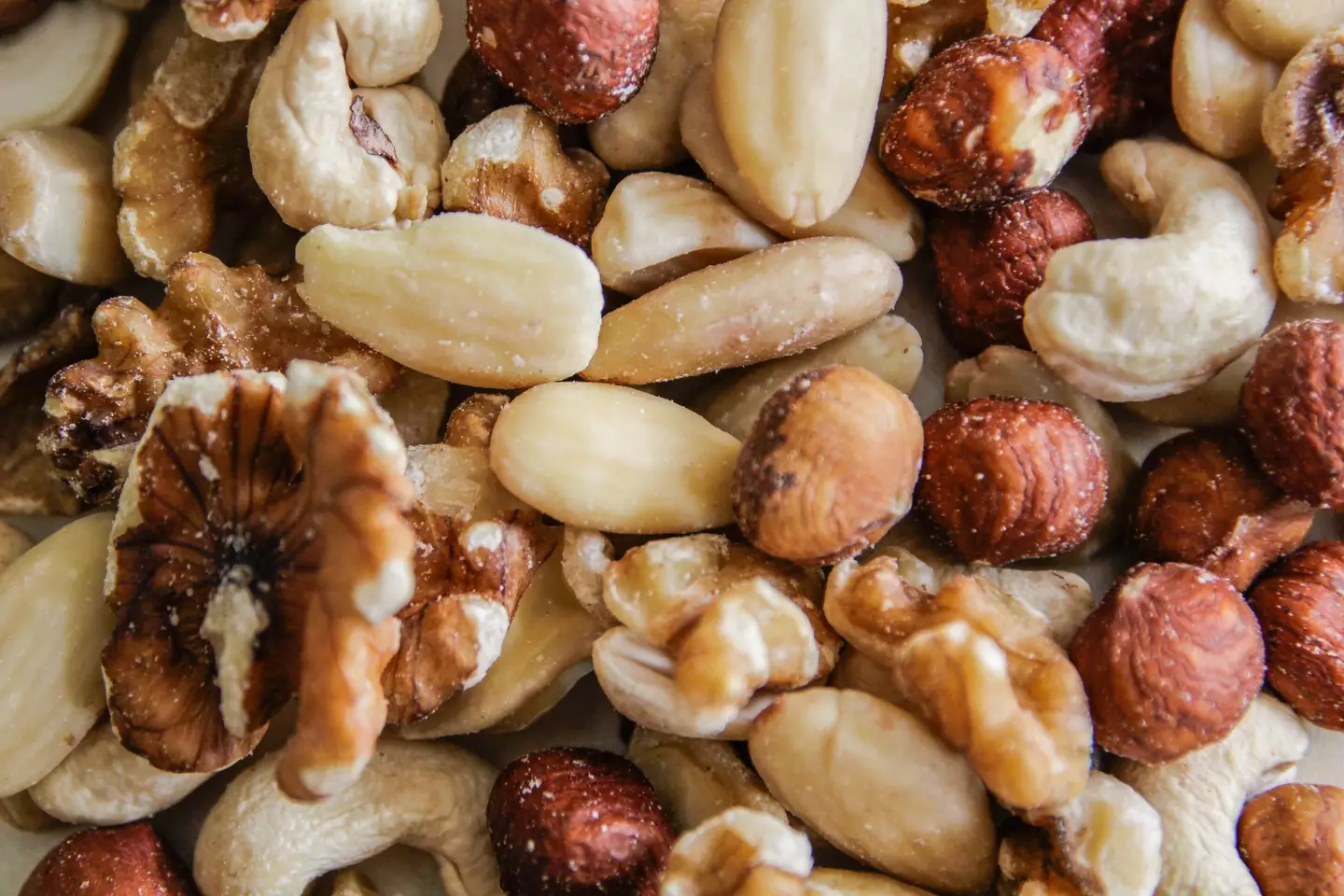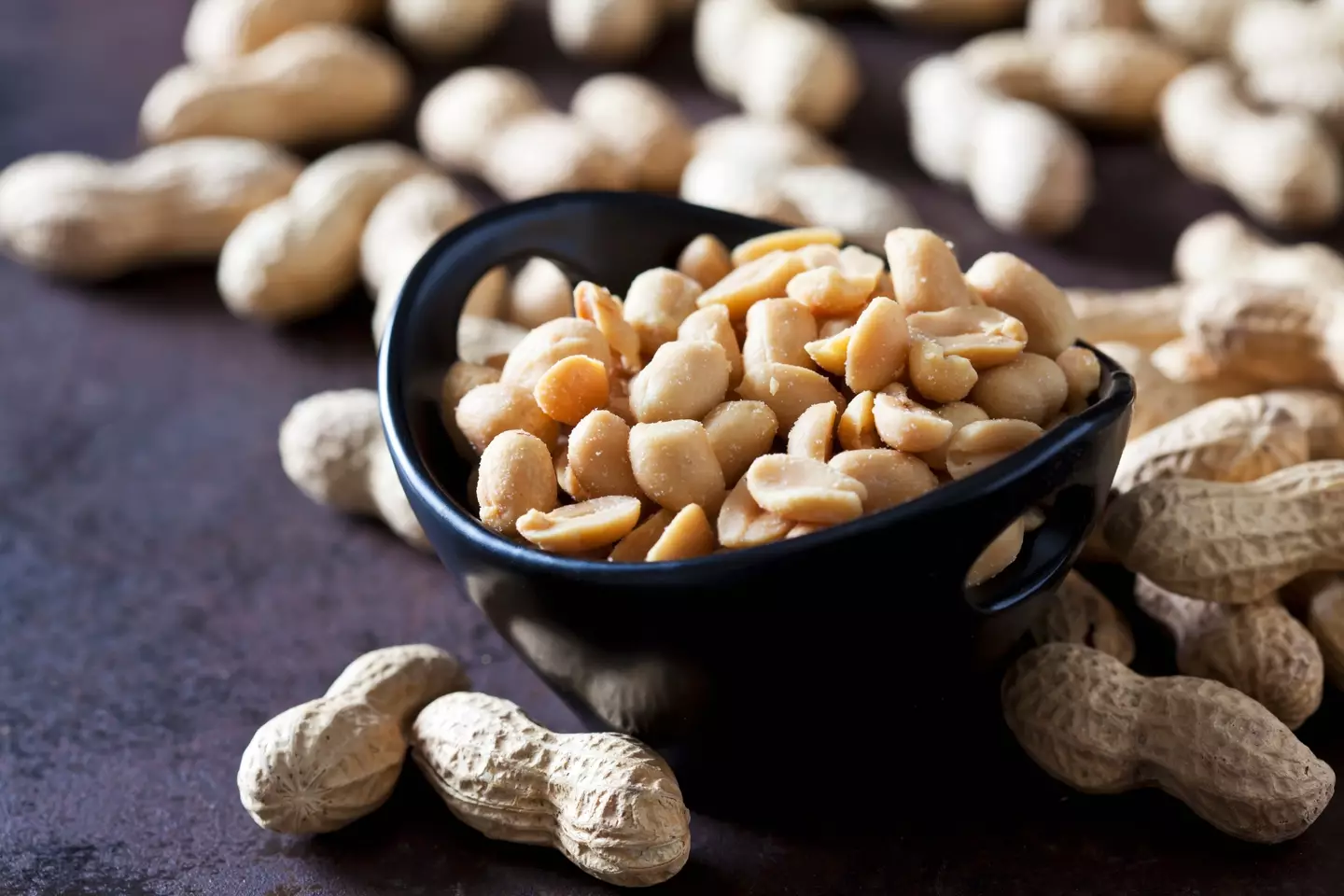
It’s not uncommon to hear that one food group or particular type can cure us of illnesses, make us feel younger and fitter or even reverse the signs of ageing, but not all that’s said is true.
Nuts in particular are packed full of health benefits, and can help us all to lose weight, lower our cholesterol levels, reduce blood sugar levels and even lower the risk of heart disease and stroke. Plus with so many varieties to choose from, there’s more chance of finding one that you like and would want to eat more of in your diet.
Scientists, nutritionists and dieticians are always looking and studying new ways to improve our diets, and how what we eat can change our bodies - and now it's the time for nuts to be under the microscope as the intricate benefits for our bodies have been examined.

Advert
In fact, a new study has found that the humble peanut is one that we should all be trying to get into our diets, and for one good reason. It turns out peanuts aren't only good source of protein, fibre, vitamins, and minerals - although all of this is impressive in its own right.
Research has found that eating peanuts as part of a healthy diet is thought to have an impact on how the body ages, notably in slowing down cellular ageing.
The study covered three different groups of people, dividing them into those who ate 25g of skin-roasted peanuts daily for six months, those who consumed 32g of peanut butter daily, and a control group.
At the end of the experiment, scientists measured each person’s telomere. Telomere is the protective structure at the end of a chromosome, and it shortens as we get older, so, in measuring it, scientists were able to determine if one group was ageing ‘slower’ than the others. Faster telomere shortening rates are associated with an increased chance of disease and poorer survival, so it’s in our best interests to have longer telomere if we can help it.
Advert
The results from the study showed a difference as, over six months, those eating skin-roasted peanuts kept more length than the other groups. Those eating peanut butter weren’t much different to the control group, showing that eating the peanuts themselves rather than a peanut based product is the way to get the most out of the nut.
Now, obviously this isn’t just advice to go and consume a bag of peanuts and hope to be the next Benjamin Button, and scientists are still studying further to determine what foods are best at slowing down ageing or even repairing cells where possible.

In fact, if you’re keen to eat more peanuts then it’s worth considering the approximate daily allowance of these nuts, which is usually around 28 grams - that equates to a small handful, or about 30 to 35 peanuts if you’d rather count them out.
Advert
It’s also worth noting that whilst peanuts come with some health benefits, they are also high in calories and fats so should be part of a well balanced diet and healthy lifestyle. Another important point to consider is allergies, so start with small amounts when trying them for the first time.
